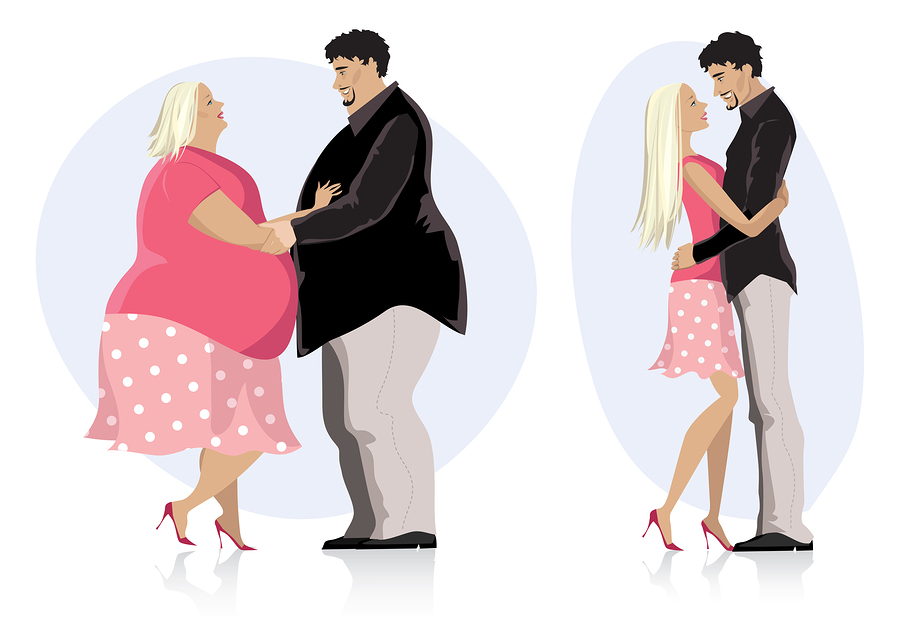Old age obesity and overweight problems

Old age obesity and overweight problems can be challenging but must be dealt with all the same
Old age obesity and overweight problems: Environmental and social factors
When we talk about the environment we look at the wider spectrum to include the world around us, access to healthy food and safe sidewalk. All these in a way influences what we feed on, our engagement in physical activities and our general lifestyle. For instance, if you are residing in the unsecure neighborhood with lots of mugging and kidnapping you are likely not to take a walk along the path and use your car each time you want to leave the house for whatever reason. All these will reduce and limit your involvement in regular physical activities. In the same way, you may be from time to time take your meals from the restaurants possibly because of nature of your work. You report early and leave very late and in the process, you have very little time going to the groceries to buy your supply for home-made food. These are reasons that can cause you to have a very inactive kitchen in your home and we all know that foods from the restaurants are all junk full of calories. These high calorie processed food are less expensive and often easy to prepare. Them being readily available, makes them easy prey for low-income people who may not afford the more nutritious food stuff which is relatively costly. Because of these circumstances, the prevalence of old age obesity and weight gain in older people is likely to continue being on the rise.
Old age obesity and overweight problems: Other causes of obesity
Other conditions and illnesses that are associated with both weight gain and obesity include:
- Hyperthyroidism
- Cushing’s syndrome
- Polycystic ovary syndrome
- Depression
The older adults who are obese are more likely than those who are not obese to report symptoms of depression such as:
- Feelings of sadness
- Worthlessness
- Hopelessness
The inadequacy of sleep may contribute to obesity, as well as certain drugs, such as steroids and some antidepressants that may stimulate the appetite, cause water retention, or slow the metabolism rate.
Finally, the complex relationship between functional ability and lifestyle patterns merits attention as a contributor to obesity. Joint pain decreased mobility, and activity intolerance may lead to weight gain because of decreased activity. Older people compared to young people may experience functional limitations associated with chronic illnesses that may trigger stress, pain, and depression cycle that can result in lifestyle patterns leading obesity necessitating the need to be in constant touch with an expert in matters of weight gain and obesity a service you will comfortably get at AWAREmed Health and Wellness Resource Center under Doctor Dalal Akoury who has been helping people solve their weight-related problems for more than two decades now. The kind of treatment you will get from this facility is unique and natural since doctor Akoury’s practice focuses on personalized medicine through healthy lifestyle choices that deal with primary prevention and underlying causes instead of patching up symptoms. You can call her on telephone number 843 213 1480 to schedule an appointment now and experience the end result which is tailored to have complete oneness of Spirit, Mind, and Body, Unifying the threesome into ONE.
Old age obesity and overweight problems: Environmental and social factors
http://www.awaremednetwork.com/









